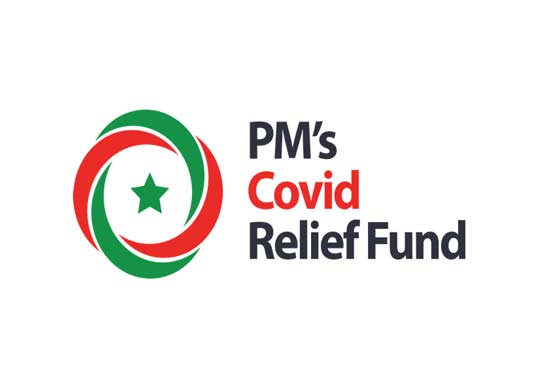A judge has barred expert witnesses from testifying that Johnson & Johnson spin-off Kenvue’s painkiller Tylenol can cause autism if mothers take it during pregnancy, finding that they failed to support their conclusions with scientific evidence.
The ruling on Monday by U.S. District Judge Denise Cote in Manhattan federal court likely means the end of a consolidated mass tort litigation of about 500 lawsuits over the popular over-the-counter drug, unless plaintiffs get it reversed on appeal.
Cote, in a 148-page ruling, found that none of the five expert witnesses proposed by the plaintiffs had offered a sound scientific methodology to support their opinion that Tylenol’s active ingredient, acetaminophen, could cause autism spectrum disorder (ASD) and attention deficit hyperactivity disorder (ADHD).
“Instead, the unstructured approach adopted by the plaintiffs’ experts permitted cherry-picking, allowed a results-driven analysis, and obscured the complexities, inconsistencies, and weaknesses in the underlying data,” she wrote.
Kenvue, which was Johnson & Johnson’s consumer health unit before it was spun off in August, in a statement said it will move to dismiss all the cases in light of the ruling. Its shares rose about 4% in Tuesday trading following the decision.
“These lawsuits have created confusion on the safety of one of the most studied medications in history,” the company said.”Acetaminophen is recommended by doctors as a first-line treatment option for people who have a fever or are experiencing pain during pregnancy. It is scientifically known that not treating these conditions may have serious health consequences for both mother and baby.”
Lawyers for the plaintiffs did not immediately respond to requests for comment.
The lawsuits also targeted retailers that sold their own generic versions of Tylenol, including CVS, Walgreens and Walmart. CVS and Walgreens declined to comment on the decision, and Walmart did not immediately respond to a request for comment.
Product liability lawsuits, like the ones over Tylenol, rely on experts to establish that the product is capable of causing the alleged harm. Federal judges decide what expert testimony is allowed, based on whether it meets scientific standards first laid out by the U.S. Supreme Court in its 1993 ruling in Daubert v. Merrell Dow Pharmaceuticals.
























































